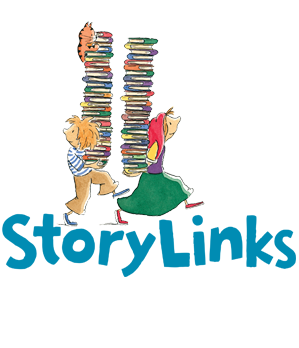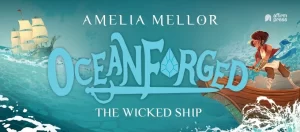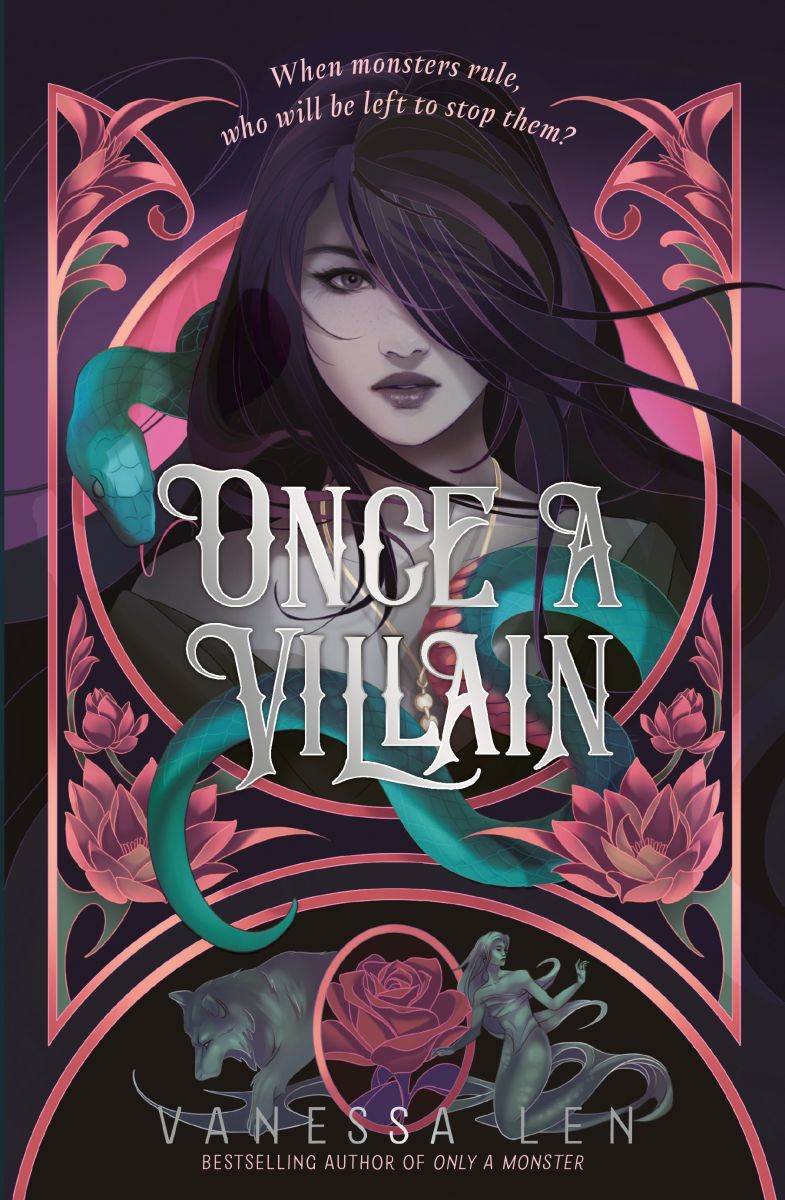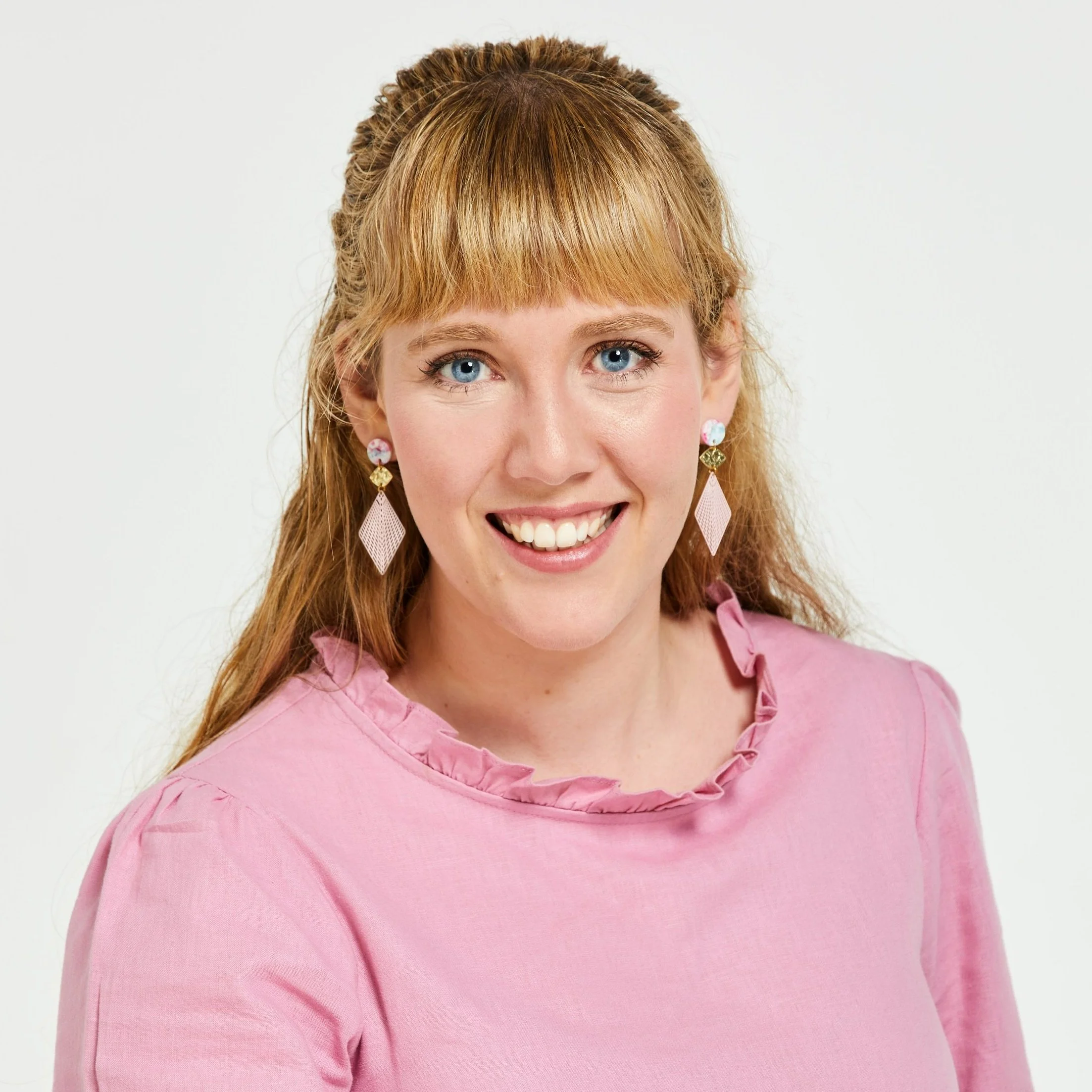
Meet the Author: Amelia Mellor talks about her new book The Wicked Ship
By Mia Macrossan
 Amelia’s debut novel The Grandest Bookshop in the World, inspired by Melbourne’s real Cole’s Book Arcade was an original mix of detailed history and fantasy and was shortlisted for the 2021 ARA Historical Novel Prize. She followed that with a prequel The Bookseller’s Apprentice, inspired by Melbourne’s first version of the iconic Queen Victoria Market. The conclusion of this historical fantasy trilogy The Lost Book of Magic is set during Melbourne’s great hardship of the mid-1890s.
Amelia’s debut novel The Grandest Bookshop in the World, inspired by Melbourne’s real Cole’s Book Arcade was an original mix of detailed history and fantasy and was shortlisted for the 2021 ARA Historical Novel Prize. She followed that with a prequel The Bookseller’s Apprentice, inspired by Melbourne’s first version of the iconic Queen Victoria Market. The conclusion of this historical fantasy trilogy The Lost Book of Magic is set during Melbourne’s great hardship of the mid-1890s.
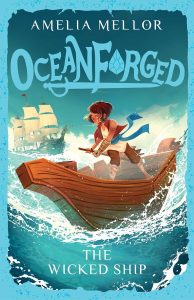 Her new series is Oceanforged, a five-book fantasy for readers 8+. The first book, The Wicked Ship is set in an island nation, ruled by a devious Prime Council. Cori, a cracker of a creation, is a courageous and enterprising ex pirate who tumbles on a quest to find the Oceanforged Armour of long dead Champions. In true fantasy style her companions are complete opposites – Tarn, a boy who can speak to animals and Jem, a drop-out witch.
Her new series is Oceanforged, a five-book fantasy for readers 8+. The first book, The Wicked Ship is set in an island nation, ruled by a devious Prime Council. Cori, a cracker of a creation, is a courageous and enterprising ex pirate who tumbles on a quest to find the Oceanforged Armour of long dead Champions. In true fantasy style her companions are complete opposites – Tarn, a boy who can speak to animals and Jem, a drop-out witch.
It is a fast paced, action packed read, full of vivid characters, and surprising twists and turns that keep you reading to the end and then wanting more.
Thank you Amelia, for talking to StoryLinks.
Your wonderful historical fantasy Bookshop trilogy is chockers with authentic historical detail which somehow makes the fantasy more real and vivid. What decided you to eschew history and go for pure fantasy in Oceanforged? Don’t you miss the research? Does this mean that you prefer fantasy to history? What is your favourite genre?
I do prefer fantasy to historical fiction, although both genres have that wonderful power of transportation into an unknown world! I’ve always seen myself as a fantasy author – it just happened that my first manuscript to make it to publication had those historical elements, which were a big part of the series’ appeal. I am still researching to create Oceanforged, though. I’m just doing it a bit more freely this time – hunting for interesting details I can adapt or use as a creative springboard, rather than having to find precise answers to my questions about real times, places and people. I’ve visited several maritime museums in the course of writing The Wicked Ship, and I even learned some of my nautical terminology from a videogame, Return of the Obra Dinn! I don’t think there’s any such thing as “pure” fantasy. All ideas come from somewhere.
Many writers set themselves very ambitious goals. What are yours for this series?
I’d love for this to be a series that sparks curiosity or passion in its readers. Perhaps it’ll be the series that helps a kid get into the fantasy genre for the first time. Or maybe the series that prompts a family to visit an aquarium or go snorkelling. Or maybe something less direct, like cosplay or prop design or paleoart.
Oceanforged takes inspiration from your interest in the natural sciences, with a strong thread of ecological themes. Why did you decide to go in this direction? Where did this story come from?
It’s less about my decision to go in that direction and more about having a project that allows me to unleash the nature nerd within. I’ve been interested in animals, especially wildlife, for as long as I can remember. A little bit of that interest made its way into the Grandest Bookshop books via the talking cockatoo, the monkeys, the fancy pigeons and the entire escaped zoo.
Most high fantasy uses folklore as the foundation for its worldbuilding – but I’m the kind of person who asks pedantic questions like ‘why do most dragon depictions have four legs and two wings? That’s two sets of arm bones. Is there an entire evolutionary lineage of six-legged animals? What natural selection pressures would drive that development?’ And then to answer that question, I find myself looking at pterosaurs, or the gliding lizards of South-East Asia: both ‘flying’ reptiles from the real world, neither with six limbs. I could go to older depictions of dragons, too – they varied a lot more than contemporary depictions do, and usually had four limbs or fewer – but I would rather combine a Komodo dragon with a gliding lizard because that’s something I’ve never seen anyone do before!
You have again committed to an extensive series, five novels in all. How much planning have you done already, what stage of that process are you at? Do you already know what is going to happen in each book?
I’ve got a fairly detailed plan for the series, which I hashed out with my editor before I started The Wicked Ship properly. But things tend to change along the way. I’ve just completed the second draft of Oceanforged 2: The Silent Island, and several important details changed from the original outline. I think readers generally assume that editing just means fixing the spelling, but sometimes I don’t find the best idea for a scene or plot point until I’ve had a few goes at it. I’ve got the big final showdown for the fifth book in my head, and several of the steps that get us there, but I want to write it in order so that I can follow the emotional flow of the story with my characters.
You have created a complicated world of magic, where people can augment their natural abilities in different ways. Having a super power appeals to many children. Is that why you chose this kind of magic?
I’ll be honest: I thought of the main characters’ abilities before I figured out the magic system, and I needed a way to link them all together. The answer came in the form of glister, a golden elemental metal that can be used to make magic. The characters in Oceanforged are dependent on this natural resource, but they’re also affected by its presence in the environment. Humans can’t separate ourselves from nature, however much we might like to think we can. Glister gave me a good way to weave in that idea, as well as explaining how my main characters’ magic is all part of the same thing. It has become strangely relevant lately with microplastics and nanoplastics consistently hitting the news – we’re reliant on this substance extracted from a limited, non-renewable source, and we’d like to think we’re in control of it, but it’s affecting our bodies and our world in hidden ways.
I love the main character, Cori. She is brave, audacious, a very relatable human mixture of strengths and weaknesses. Where did she come from? Do you have favourite characters in this work? Are some characters easier to write than others?
Cori grew out of the Chosen One archetype. I was examining this fantasy trope and asking questions like, ‘why do Chosen Ones always modestly deny that they’re extraordinary? Who would follow a leader who didn’t believe in themselves? And what kind of person would believe that they alone could save the world and deserve to rule it?’ What came from that was a character who rejects rules, who’s fairly self-centred, and who’s courageous to the point of foolish recklessness. I didn’t want her to be a paragon. She has to be the kind of person who chafes at the world’s injustices and has the guts and the drive to do something about them.
I don’t find anyone in particular difficult to write, but I’ve already found that some readers respond to Tarn the way I imagine people would respond to him in real life – they don’t get him. He’s fairly quiet and reserved. I always know what he’s thinking but sometimes I make Cori and the reader guess. Jem is the opposite, effusive and expressive. My editorial team weren’t sure what to make of her in the outlines, but when they saw her in action, she won them over!
I have to pay careful attention to my villains, though, especially the ones who are outwardly civil and composed. If I’m not, they’ll slip into sounding just like the Obscurosmith from the Grandest Bookshop series.
Reading the earlier scenes set in Highwater I was reminded of Venice. Were there any real places that influenced your landscapes and settings?
Absolutely! Highwater has loads in common with Venice, with all its canals and its maze of tunnels. I was travelling in Italy in 2023 and gathered lots of inspiration there. The Radiant Palace of Highwater is quite closely inspired by the Palace of the Doges in Venice. The rainforests and villages of the Blackrocks have much in common with the ones I saw in Borneo as a teenager on a family holiday. Book 4 will take us to coral reefs, which I’ve dived at in a few places around Australia and South-East Asia. And any time our heroes are cruising on the open seas, I’m drawing on a three-day sailing trip I took in the Whitsundays just as I was getting started on The Wicked Ship.
A couple of places I’ve been inspired by but haven’t been able to visit, like Hawaii and its lava tubes. But I’m hoping to check out Queensland’s Undara Lava Caves later this year!
In the Bookshop trilogy you were not afraid to use big luscious wonderful words in your writing but your style here is simpler, more accessible, (although still with the occasional zinger). Is this a conscious choice? Are you aiming for a different, perhaps wider readership?
I’m aiming slightly younger this time, and also going for a lighter read. The Grandest Bookshop books were great for the high achievers in the classroom, and they had the puzzle elements as well, so they invited pausing to figure things out – just like kids used to do with E.W. Cole’s books. Oceanforged is more adventure-focused, so it skims along a bit quicker without as much challenging vocabulary. I also wanted to take out as many of high fantasy’s challenging language conventions as possible to support a wider readership. To that end, I’ve made the names simple, used real (if obscure) English words for many made-up concepts and reduced the amount of specialised nautical terms, among other things.
Considering the many artistic forms out there, what appeals to you about writing a children’s book?
Kids’ books are fun and important. Besides, I’ve never really grown up.
From your website it is obvious that you always wanted to be a writer. Can you tell us about any influences on your development as a writer?
Any influences? We’ll be here all day!
Encouragement and support was probably the biggest one. When teachers told my parents I was reading at recess in primary school, they said it was fine as long as I was happy doing that. As a teenager, I was allowed to bring my laptop on family holidays and work on my stories during downtime. In fact, writing sort of didn’t count as screentime! In the older years of secondary school, I had teachers tell me in person that I was good at writing and would succeed – and I had a uni lecturer who said the same. And even my grandfather got on board. He listened to me waffle on about my stories, and even gave me my first deadline.
Do you have any advice for aspiring writers?
There’s a lot of buzz about AI now, so I’d like to recommend a system I use called BR-AI-N. You can use it for an incredible range of tasks. It’s highly customised to your preferences and it’s one of the most secure learning systems in existence because it’s not owned by or shaped to serve the interests of planet-wrecking billionaires, even though they really wish it was. It’s automatically installed in your skull before you’re born. It runs anywhere, anytime, even offline, without ads. And unlike most AI tools, BR-AI-N makes you smarter the more you use it.
Seriously, though, persistence is one of the most important skills of the professional creative. You’ve got to care enough about what you’re creating to build it by yourself and of yourself – all of it, from start to finish, over and over again.
Finally, what do you hope people take away with them after reading your work?
It’s incredibly rewarding to hear that I’ve inspired a kid to write, or that one of my books is their favourite, or that people have looked up something from one of my books and learned something. But more than anything, I hope they enjoy reading them. My books are the way they are because that’s what’s fun for me, and I hope they’re fun for others as well.
The Wicked Ship is such a great read with memorable characters and fast paced action underpinned by carefully presented themes of resilience, loyalty, found family and more. The whole is packed with delicious detail and written to appeal to all adventure loving readers. I can’t wait for the next one in the series!
Amelia Mellor’s website, StoryLinks reviews of The Wicked Ship and The Lost Book of Magic

